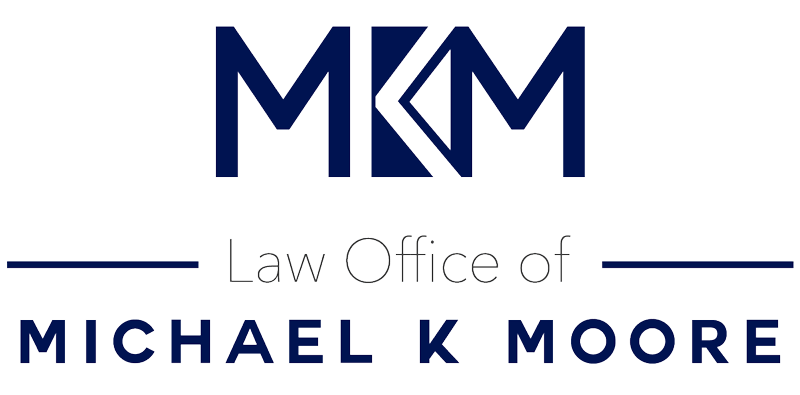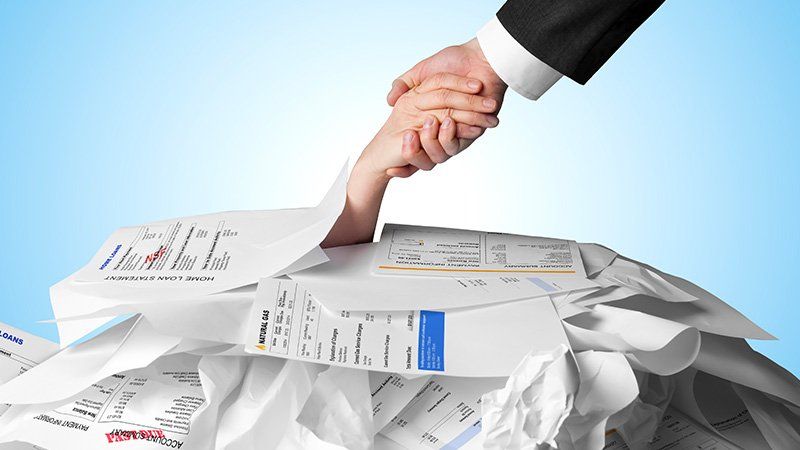PRACTICE AREAS
ASSOCIATIONS & AWARDS
Thumbtack
Bankruptcy FAQ
Bankruptcy is a powerful tool. That is how it should be viewed – as a tool to reorganize your finances, not something to be ashamed of. I have filed many dozens of bankruptcy petitions, both Chapter 7 and Chapter 13 over the past ten years. The following are answers to questions I get asked every day.
- I’m behind on my mortgage/facing foreclosure. Can bankruptcy help me save my house?
Yes. Chapter 13 bankruptcy in particular allows you to catch up on back payments over 3-5 years. We will work together to create a repayment plan that will be approved by a federal judge. Your mortgage lender will be forced to accept the plan and cannot act to foreclose the mortgage and once your case is over, you will be current on your mortgage.
If you are facing foreclosure, even if you have an auction date just days away, we can act quickly to save your home. The sooner your call us, the sooner we can help.
- My wages are about to be (or are already being) garnished. Can bankruptcy stop that from happening?
Yes, you can stop a garnishment, even if one has already begun. Immediately upon filing your bankruptcy case, the court will order all creditors to cease all attempts to collect debt from you, including wage garnishment.
- I was served with a Summons, telling me I’m being sued by one of my creditors. Can bankruptcy stop the lawsuit?
Yes. Unless you are being sued for an unusual reason (e.g., you were a DUI driver and are being sued by someone you injured; you committed fraud), you can stop most lawsuits dead in their tracks. This includes all lawsuits from credit card companies to collect unpaid balances, auto lenders who have repossessed your car and are now suing you for a deficiency balance, and lawsuits from routine at-fault traffic accidents. You can stop a lawsuit immediately upon filing your bankruptcy case.
- Creditors are calling me non-stop, sending me letters, and threatening to garnish my wages. Can bankruptcy stop the phone calls and letters?
Yes, we can make the calls and letters and threats stop. Just like wage garnishments and lawsuits, you can immediately stop all creditors from contacting you regarding any debt. This includes phone calls, letters and any other form of communication.
- I owe back taxes to the IRS and/or State of California. I have heard that you cannot get rid of or deal with taxes in bankruptcy. Is that true?
No, it’s not true. I have saved my clients hundreds of thousands of dollars by discharging back taxes in bankruptcy. While taxes and bankruptcy have a complicated relationship, an experienced attorney can show you which taxes are dischargeable and which are not.
As a general rule of thumb, back income taxes owed to the IRS/California can be discharged if the tax debt passes the “3/2/240 Test.” That means the following things must be true: (1) the taxes were originally due at least 3 years before your bankruptcy case is filed; (2) you filed your tax returns at least 2 years before you filed bankruptcy; and (3) the taxes were assessed at least 240 days (8 months) before you file your bankruptcy.
Thus, even though the government makes it difficult to discharge money you owe them, it is not impossible. Don’t let your back taxes keep you from calling us for help.
- Will I lose my property if I file bankruptcy?
In 99% of my cases, my clients do not lose any property they did not want to lose. California allows you to exempt large amounts of assets, which means the bankruptcy court cannot take it if you file bankruptcy.
You can protect generous amounts of cash in the bank, equity in your home, and equity in your vehicles. Retirement plans are basically untouchable, along with your home goods and furnishings.
An experienced attorney can make sure your assets are protected so the creditors get nothing.
- I bought a car and can no longer afford the monthly payments. Can bankruptcy allow me to surrender the car without having to pay a deficiency balance to the lender?
Yes, bankruptcy can allow you to walk away from a car loan you can no longer afford without any further liability to the lender. You may have been forced by circumstances to buy a car with a high interest rate/high monthly payment and no longer feel like it’s worth it to keep the vehicle. If you surrender the car without filing bankruptcy, your lender will take the car, auction it off at a bargain basement price and hit you with a “deficiency balance” for the remaining loan balance. Not a great deal, huh? Fortunately bankruptcy allows you to surrender your car back to the lender with no further liability whatsoever. So if you’re stuck with an auto loan with a high interest rate/high monthly payment, bankruptcy can allow you to walk away and explore alternatives that better suit your situation.
- I want to keep my car but file bankruptcy on my other debts. Can I do that?
You can do that! By signing a “reaffirmation agreement” with the lender, you can keep your financed vehicle as long as you’re current on the payment. Keeping your car is a very straightforward process in bankruptcy. I can often negotiate with your lender to reduce interest rates and monthly payments if you are stuck with a not-so-great deal.
















